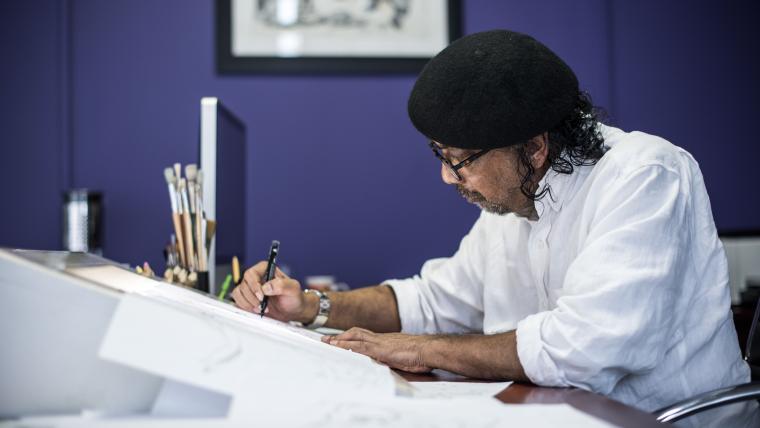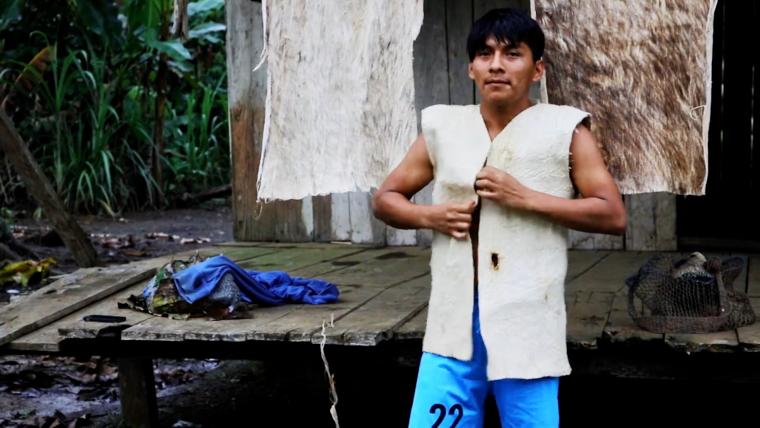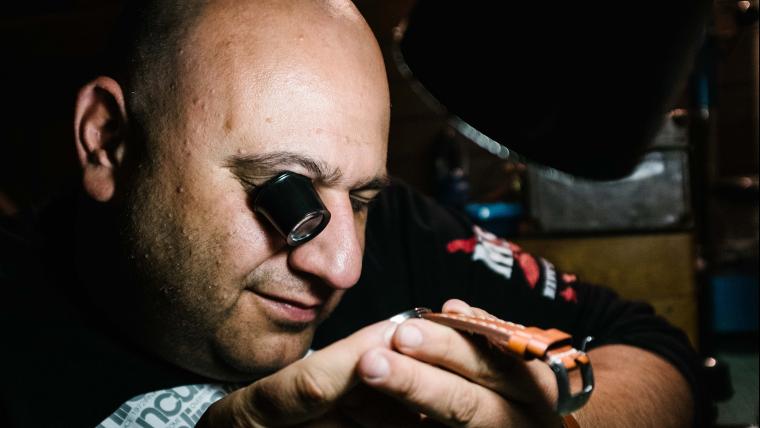
This experiment in gaming takes our stories to the next level
Bahiyya Khan plays life on boss level. Critically and internationally acclaimed, the game developer’s work is far removed from the focus of mainstream gaming. Instead, it centers on the female experience of violence. “Women have to constantly live in fear of being attacked,” Khan says. “It makes me sick.” A passionate advocate for mental health awareness as well, the 23-year-old chose to enter the world of digital gaming with purpose. “I’m making games that I want to play,” she says.
Khan developed after HOURS as the pilot project for her honour’s degree in game design. Styled as a vignette game, it’s designed to convey a sense of character rather than follow a narrative. The player spends a night with the protagonist in her room, uncovering her story by clicking on objects in her surrounds. Through filmed sequences the viewer watches her reactions, while hand-drawn animation displays the thought processes behind them. As each scene unfolds, you begin to understand how someone with a mental health condition might think, and the violent circumstances women have to face.
The result is a novel phenomena: a video game exploring violence as well as the perceptions of a person living with borderline personality disorder. Khan’s commitment to removing the prejudice towards mental health is an intimate one. Diagnosed with the disorder herself, the experience of the main character echoes Khan’s own. “I wanted to destigmatise borderline,” she says. “I feel like we’re so often demonised.” Operating in a male-dominated field, Khan is opening up a new world of understanding. “I want my work to cultivate empathy, and be a sort of exercise in psychological evolution,” she says. Through innovative games, South Africans have a novel opportunity to become more aware of the effects of violence, and end the stigma of mental health.






























Please sign in to leave a comment